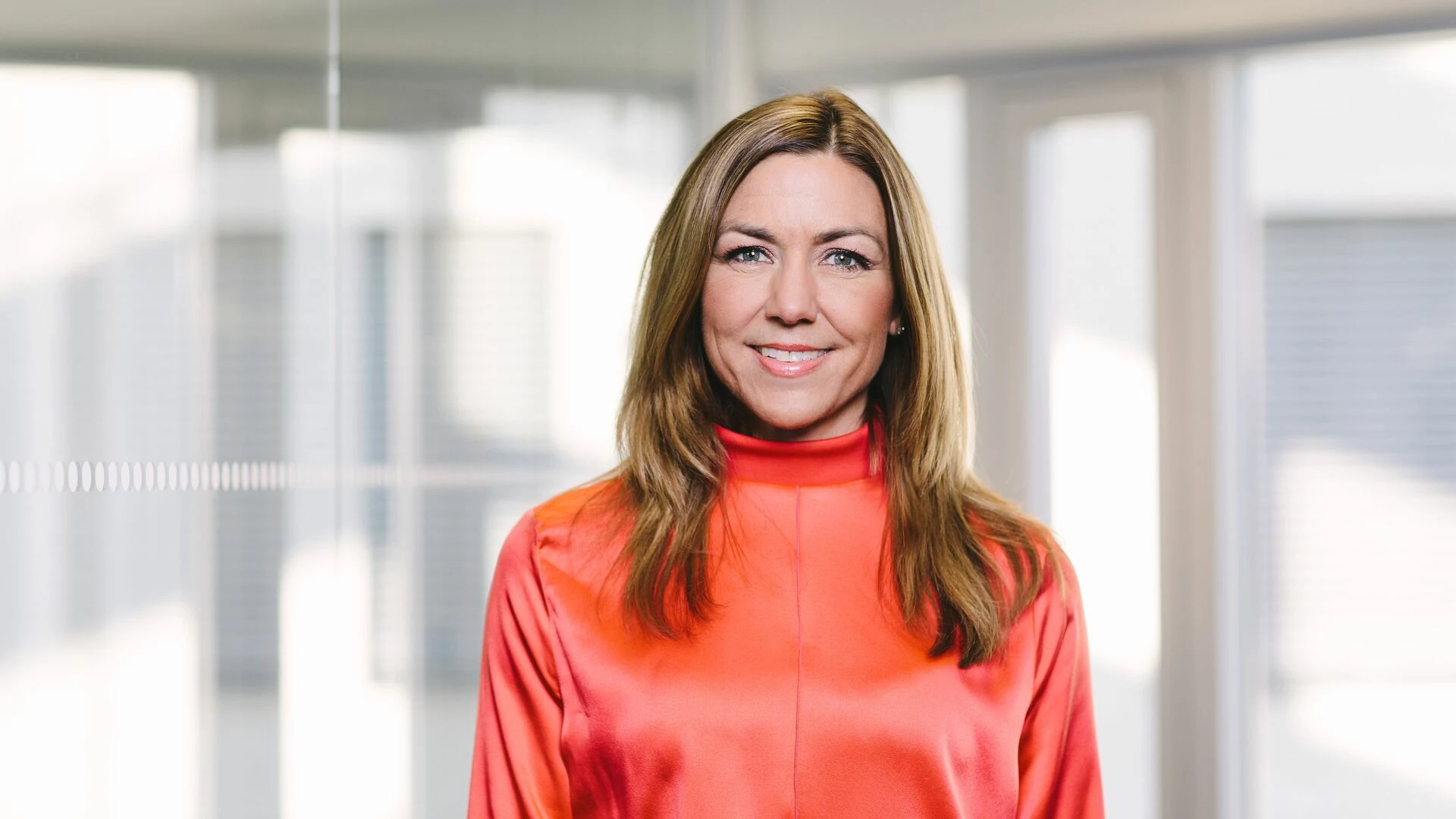As we know from previous years’ conferences, there is a long list of climate issues that are not to be resolved at a single global meeting. So the question is: what three things must be agreed upon for COP28 to be called a success?
A deal on the phase-out of fossil fuels
A major success would be if we got an agreement to phase out fossil fuels within an ambitious timeline. But it’s more realistic that this goal will be achieved through several steps. The EU is seeking an agreement on phasing out “unabated” fossil fuels, which means fossil fuels where carbon emissions are not captured with for example storage technology, and setting a timeline for that – a view supported by the US. In a meaningful step for an oil-rich country, the COP Presidency also acknowledged that the “phase-down of all fossil fuels is inevitable and essential”. Some countries, including Russia and China, indicated their reluctance to support such a deal. At COP27 last year, more than 80 countries got behind a proposal to “phase down” fossil fuels, but it was not approved.
Triple the renewable energy capacity with the required grid capacity
With an ambitious phase-out of fossil energy, an ambitious development of renewable energy is also needed. In order to reach the 1.5 degree target from the Paris Agreement, the countries attending COP28 must commit to tripling the global renewable capacity according to the International Energy Agency, while at the same time committing to developing all the necessary grid capacity to receive all new renewable energy. The conference will look to find an agreement on tripling renewables by 2030, in line with Europe’s negotiating position and that of other nations including China, India and the US.
Agreement on a loss and damage fund
Least developed countries are hit hardest by climate change, but they have the least responsibility for it. An agreement on a fund to compensate vulnerable countries for climate costs was one of the achievements of last year’s COP. However, key areas such as who should benefit from the fund, how it should be governed and the responsibility for payments are still outstanding. The current proposal that will be discussed at COP would see the fund administered by the World Bank and funded by several sources, without any legal obligation for nations. Developed countries would be “urged” to contribute to the fund, while other countries, including large developing countries, are “encouraged” to contribute. How much money the fund will disburse is still to be defined. Any strong outcome on this topic would help to unlock negotiations on other fronts.
Nordic countries should lead as a good example of how developed countries can contribute with public climate finance and trigger the large private climate investments by significantly increasing our contribution and strengthening our own national channels for climate investments.



